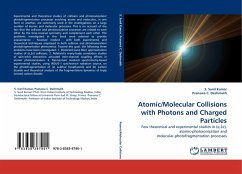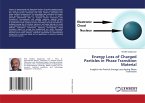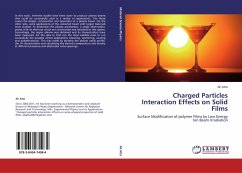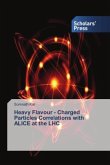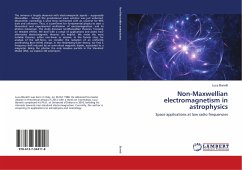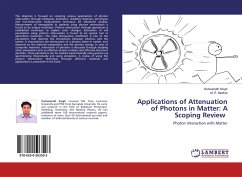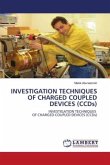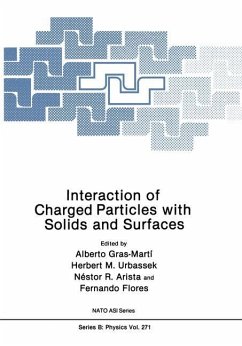Experimental and theoretical studies of collision and photoionization/ photofragmentation processes involving atoms and molecules, in one form or another, are commonly used in the investigations on a large number of atomic and molecular processes. This is on account of the fact that the collision and photoionization processes are related to each other by the time-reversal symmetry and complement each other. The problems investigated in this book were selected to provide acquaintance - however modest - with both experimental and theoretical techniques employed in both collision and photoionization/ photofragmentation phenomena. Toward this goal, the following three problems have been investigated: 1. Distorted-wave Born approximation studies of (e,2e) collisions. 2. Relativistic many-body correlation studies of spin-orbit interaction activated inter-channel coupling effects in atomic photoionization. 3. Momentum resolved spectrometry-based experimental studies, using INDUS-1 synchrotron radiation source, on the photofragmentation of (a) sulphur hexafluoride and (b) carbon dioxide and theoretical analysis of the fragmentation dynamics of triply ionized carbon dioxide.
Bitte wählen Sie Ihr Anliegen aus.
Rechnungen
Retourenschein anfordern
Bestellstatus
Storno

